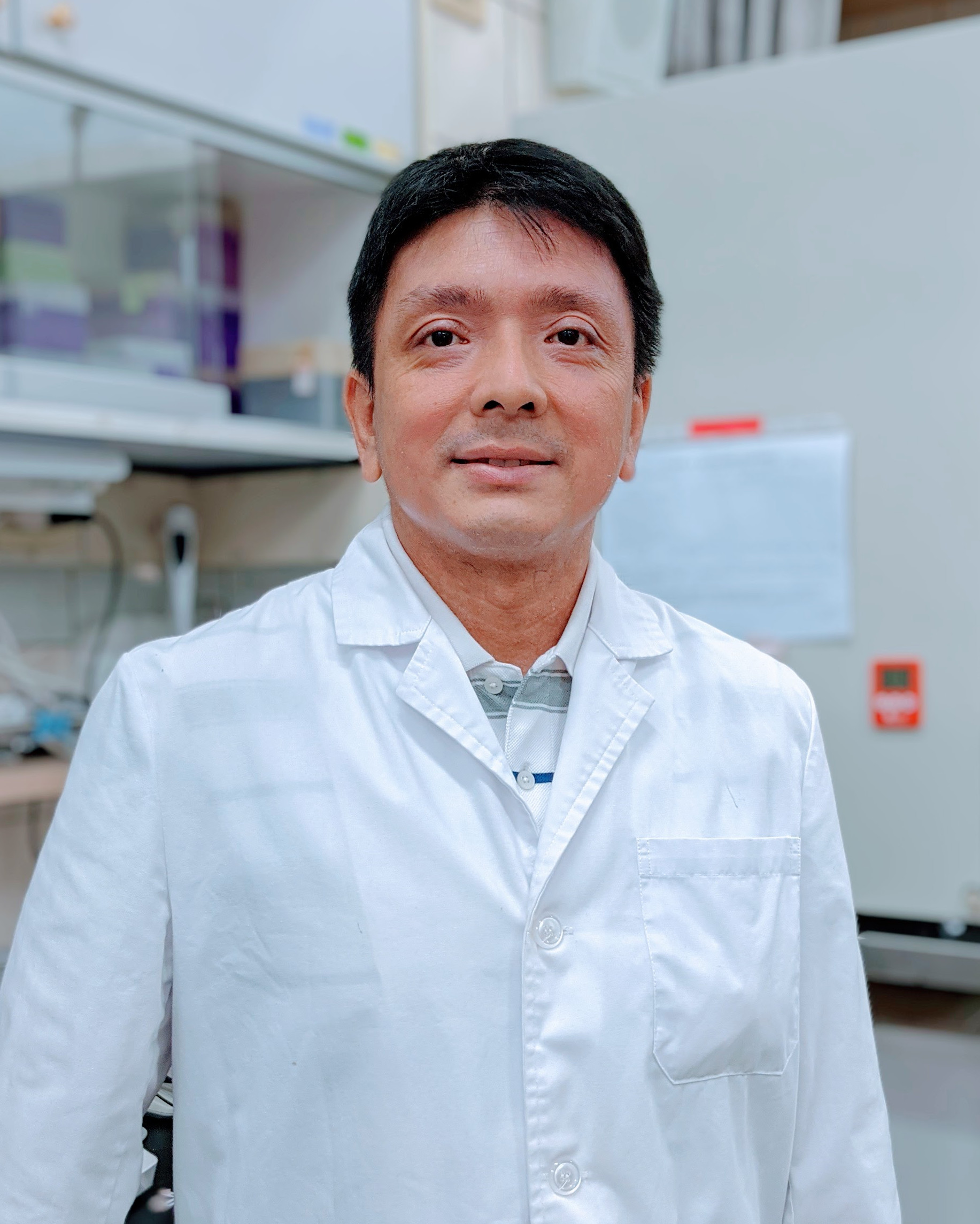Invited Speakers

Wen-Wei Chang
Chung Shan Medical University, Taichung, Taiwan
Biography---Wen-Wei Chang, Ph.D., is a Professor at Chung Shan Medical University in Taichung, Taiwan, where he specializes in cancer biology. He earned his B.S. in Biology from National Cheng Kung University, Taiwan, and later obtained his Ph.D. in Basic Medical Sciences from the same institution. Dr. Chang's career began as a Post-doctoral fellow at Academia Sinica, Taiwan, followed by various academic positions, culminating in his current role as a Professor. He served as the Secretary-General of the Taiwan Society for Stem Cell Research from 2017/11 to 2019/10. Dr. Chang has published more than 70 scientific papers and serves as an academic editor for several scientific journals including Scientific Reports, BMC Cancer, Biomedicines, etc. His research focuses on cancer stem cell biology, with an aim to develop novel therapeutic strategies using phytochemicals and probiotics.
Speech title "Oncogenic role of Tribbles pseudokinase 3 in cancers"
Tribbles pseudokinase 3 (TRIB3) is an intracellular protein scaffold and is known for its role in regulating signal transduction. However, its role in carcinogenesis is controversial. Cancer stem cells (CSCs) are famous for their high tumorigenicity, drug resistance, and metastasis characteristics. The involvement of TRIB3 in the maintenance of CSCs is little known. Our studies focus on oral squamous cell carcinoma (OSCC) and endometrial cancer (EC), and the results reveal that TRIB3 could positively regulate the maintenance of CSCs in these two types of cancer cells. We found that TRIB3 expression level increased in the CSCs of OSCC and EC. In OSCC, we have demonstrated that TRIB3 could play a role in maintaining SOX2 and EGFR expression, which are important for cancer stemness. In EC, our data have explored that TRIB3 interacts with ELF4 to regulate the transcription of β-catenin positively. We also found that elevated TRIB3 expression was associated with poorer patient outcomes in both OSCC and EC, which uncovers its potential as a novel diagnostic marker and therapeutic target. Our work suggests that targeting TRIB3 could disrupt the maintenance of CSCs, which indicates the potential improvement of the prognosis of OSCC and EC patients by TRIB3 targeting agents. In summary, our research provides an understanding of TRIB3's role in cancers, establishing it as a critical regulator in cancer stemness and highlighting its promise as a target in the treatment and diagnosis of OSCC and EC.


